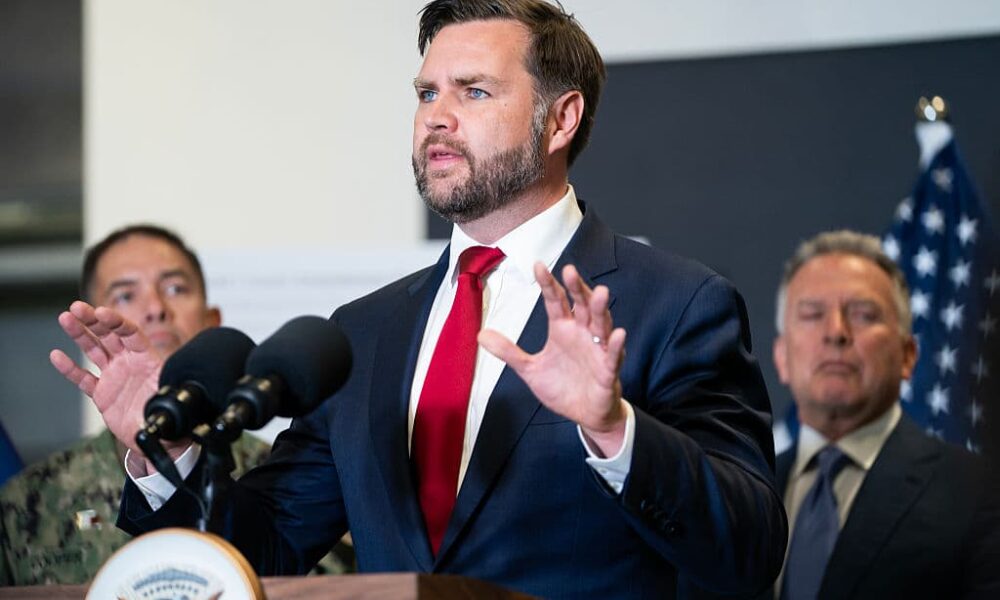UPDATE: The mass deportation of irregular migrants is escalating rapidly, fueled by the newly passed “Big, Beautiful Bill.” This urgent enforcement action is not limited to “bad actors” but targets hardworking individuals who have contributed to American society for decades.
Just announced by officials, the current deportation efforts are affecting agricultural, construction, service, and hospitality workers—people who have been integral to their communities. Many migrants, labeled as “irregular,” often possess some form of documentation or temporary legal status and are not guilty of serious crimes.
Archbishop Thomas Wenski of the Archdiocese of Miami addressed this troubling trend during a press conference on April 21, 2025. He emphasized that the relentless pursuit of these migrants by modern-day Javerts echoes the moral struggles depicted in Victor Hugo’s “Les Misérables.” Wenski stated, “Justice must be more than a cold and impersonal calculation of the narrow legalism of an Inspector Javert.”
As the Trump administration ramps up its “enforcement only” policy, it exacerbates divisions within the nation and causes irreparable harm to families. Individuals are being detained and deported to countries they may not recognize after decades in the U.S. This policy has incited resentment against those depicted as lawbreakers, equating them to terrorists and heightening public fears.
Wenski, reflecting on the role of Catholic bishops, asserts that their advocacy for irregular migrants is rooted in a proud moral tradition. “An unjust law is no law at all,” he quoted St. Augustine, stressing that America can uphold laws without becoming a nation solely of enforcers.
The archbishop called for comprehensive immigration reform that addresses the need for a legal labor force, facilitates family reunification, and provides a pathway to citizenship for those who have established lives in the U.S.
With nations having the right to control their borders, Wenski urges richer countries to continue showing generosity to those fleeing persecution or seeking better living conditions. He insists that America has historically demonstrated such compassion and can do so again.
As the situation develops, all eyes will be on how the Trump administration responds to this moral and practical imperative. The call for change is clear: the need to work with Congress on reform is not just beneficial but necessary for the future of countless families across the United States.
The urgency of this situation cannot be overstated—deportations are set to continue, impacting thousands of lives. As we watch these developments unfold, the implications for American society at large are profound and warrant immediate attention.







